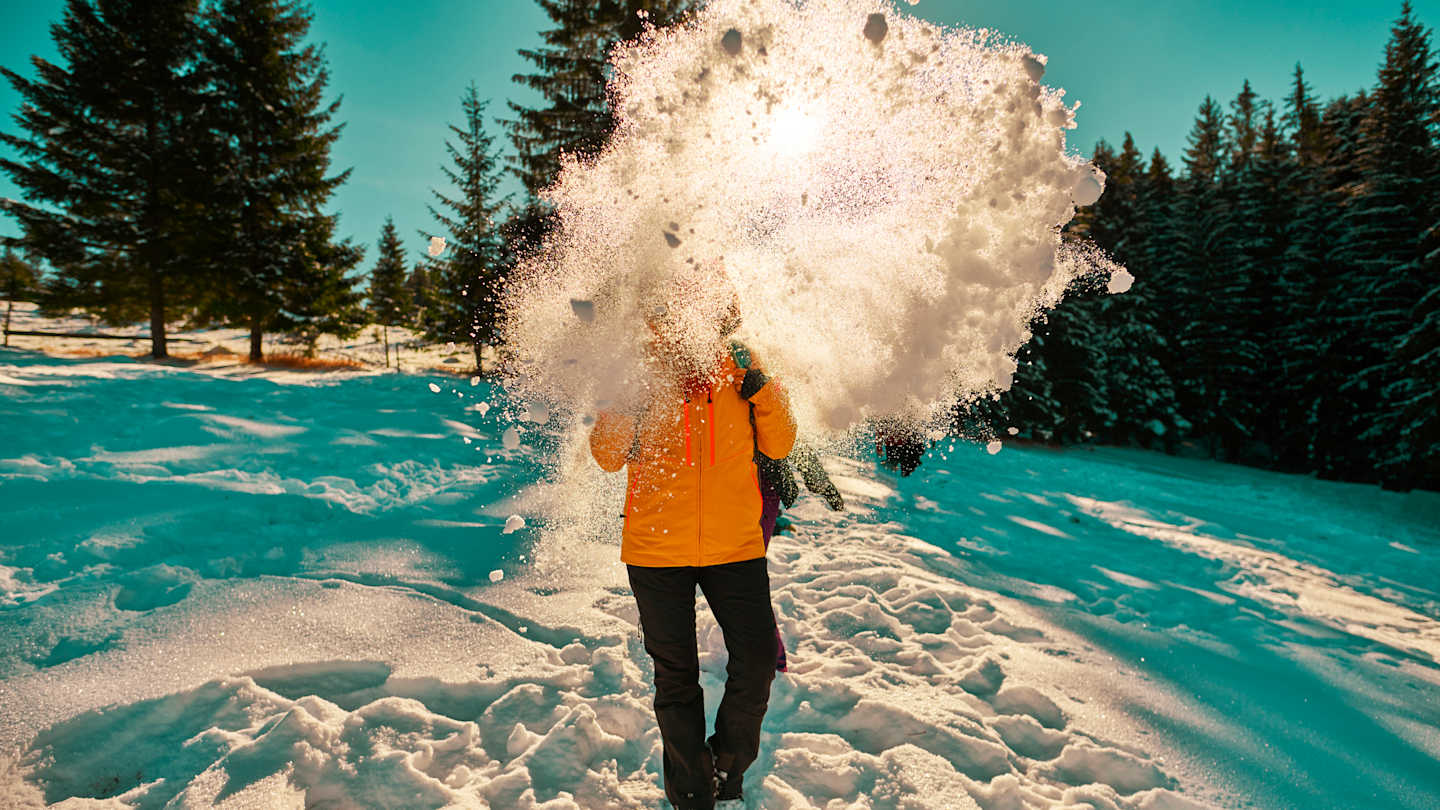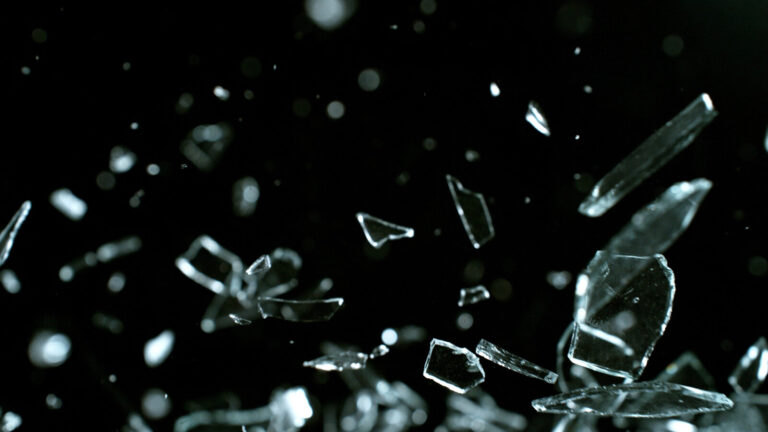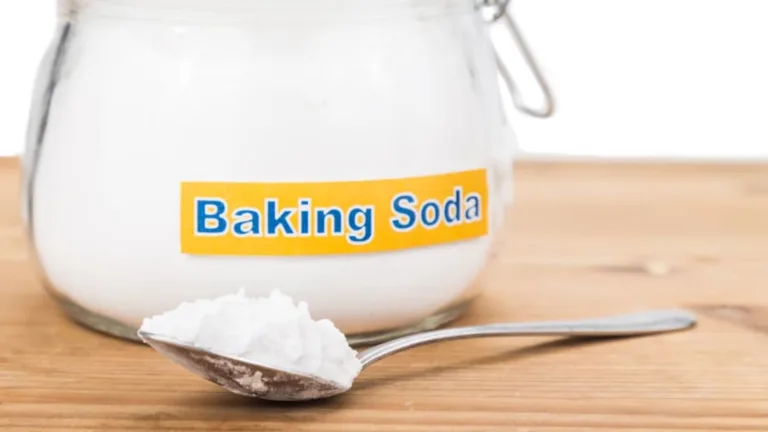Have you ever stopped to wonder if snow actually has a smell? It’s a question that often pops up during those crisp winter days when the air feels so clean and fresh. We associate snow with that distinct scent, but is it really there or just our perception playing tricks on us?
The truth is, does snow have a smell is a bit of a tricky one. Snow itself doesn’t emit any particular odor molecules. What we perceive as the “smell of snow” is actually a complex sensory experience influenced by several factors. Cold weather can slow down air molecules, Making Scents Less Intense Overall. However, the increased humidity that often precedes snowfall can actually heighten our sense of smell.
This combination, along with the stimulation of the trigeminal nerve by cold air, creates a unique sensation that we associate with snow. It’s more about how our bodies and brains interpret these environmental cues than detecting a specific fragrance. So, while you might not be able to pinpoint the exact scent of snow, it’s definitely a powerful sensory experience that captures the essence of winter.
The Science Of Smell
Our sense of smell is truly remarkable. It all starts with tiny olfactory receptor cells located high up in Our Nasal Cavity. When we breathe in, these receptors bind to odor molecules, triggering a signal that travels to the brain for interpretation. Think of it like a complex code-breaking system where each unique combination of molecules creates a distinct scent.
Interestingly, Can You Smell Snow isn’t just about detecting specific molecules. The cold air itself can stimulate nerve endings in our nose and mouth, creating a tingling sensation that contributes to the overall “smell” of winter. Also, our perception of smell is influenced by other senses like sight and touch. The white expanse of snow, the crunch underfoot, even the feeling of cold air on our skin all contribute to the sensory experience we associate with winter.
It’s this intricate interplay between our sense of smell, the environment, and our own brain that creates the unique and often indescribable sensation We Call “the smell of snow.”
Cold Weather and Olfaction
Cold weather definitely has a noticeable impact on our sense of smell. When temperatures drop, Air Molecules Move More Slowly, which effectively dulls the intensity of scents we’Re Exposed To. Imagine it like trying to catch snowflakes on a calm day versus a windy one—the slower movement makes them harder To Detect. This is why many people find that smells are less potent in Winter Compared To Other Seasons.
However, there’s a flip side to this. The colder air can also stimulate certain nerve receptors in our nose, leading to a heightened sensitivity to Some Odors. Think of it like our noses getting extra alert during the winter months! This explains why we might be more aware of subtle scents, Even If Their Intensity isn’T As Strong.
So, while cold weather and olfaction often seem at odds, they actually create a complex interplay that shapes our perception of smells in winter. It’s a reminder that our senses are constantly adapting to the environment Around Us.
 How Much Does Earth Cost? Exploring Planetary Valuation
How Much Does Earth Cost? Exploring Planetary ValuationHumidity’s Role in Snow Perception
Believe it or not, humidity plays a surprisingly significant role in how we perceive the “smell of snow.” Leading up to a snowfall, the air often becomes more humid as temperatures drop and precipitation levels rise. This increase in moisture can actually enhance our sense of smell by creating a more receptive environment for odor molecules to travel and interact with our olfactory receptors.
Think of it like this: imagine trying to smell something on a dry, dusty day versus a humid one. In the latter scenario, the moisture in the air helps Carry Those Scent Particles Around, Making Them Easier To Detect. This is why we often associate that crisp, fresh scent with snowy days—the combination of cold air and increased humidity creates a perfect storm for heightened olfactory perception.
So, humidity’s role in snow perception goes beyond just making things feel More Cozy. It actively influences our ability to experience those subtle nuances of winter that contribute to the unique sensory experience of a fresh snowfall.
Trigeminal Nerve Stimulation
Beyond just our olfactory receptors, another key player in the “smell of snow” is our trigeminal nerve. This major cranial nerve is responsible for sensation in our face, Including Touch, temperature, and pain. Interestingly, it also plays a role in How We Perceive Smells. When cold air enters our nose, it stimulates the trigeminal nerve endings, sending signals to the brain that contribute to the overall sensory experience.
Think of it like this: imagine biting into a cold slice of ice cream on a hot day. The initial shock of coldness triggers not only your taste buds but Also Your Trigeminal Nerve, adding an extra layer of sensation to the experience. The same principle applies to snow. That tingling feeling you get when breathing in crisp winter air is Partly Due To Trigeminal Nerve Stimulation, which adds a unique dimension to our perception of “snow’S Smell.”
So, while our olfactory receptors detect odor molecules, the trigeminal nerve adds its own Sensory Input, creating a more complex and multifaceted experience that we associate with the feeling of fresh snow.
A Sensory Symphony
It’s fascinating to realize that the “smell of snow” isn’t a simple matter of detecting a single odor molecule. Instead, it’s more like a sensory symphony, with multiple elements harmonizing to create a unique and unforgettable experience. Our olfactory receptors pick up subtle hints, while cold air stimulates our trigeminal nerve, adding a tingling sensation.
And let’s not forget the influence of humidity! Increased moisture in the air amplifies Those Scents, making them more pronounced and noticeable. All these factors combine to create a complex sensory landscape that we associate with winter’s magic. The crisp air, the visible snow, the subtle hints of pine or wood smoke—they all contribute to this holistic experience that transcends just smell.
So, next time you find yourself surrounded by fresh snow, take a moment to appreciate the intricate dance of senses at play. It’s a reminder that our perception of the world is far more complex and nuanced than we might Initially Realize. A sensory symphony indeed!










